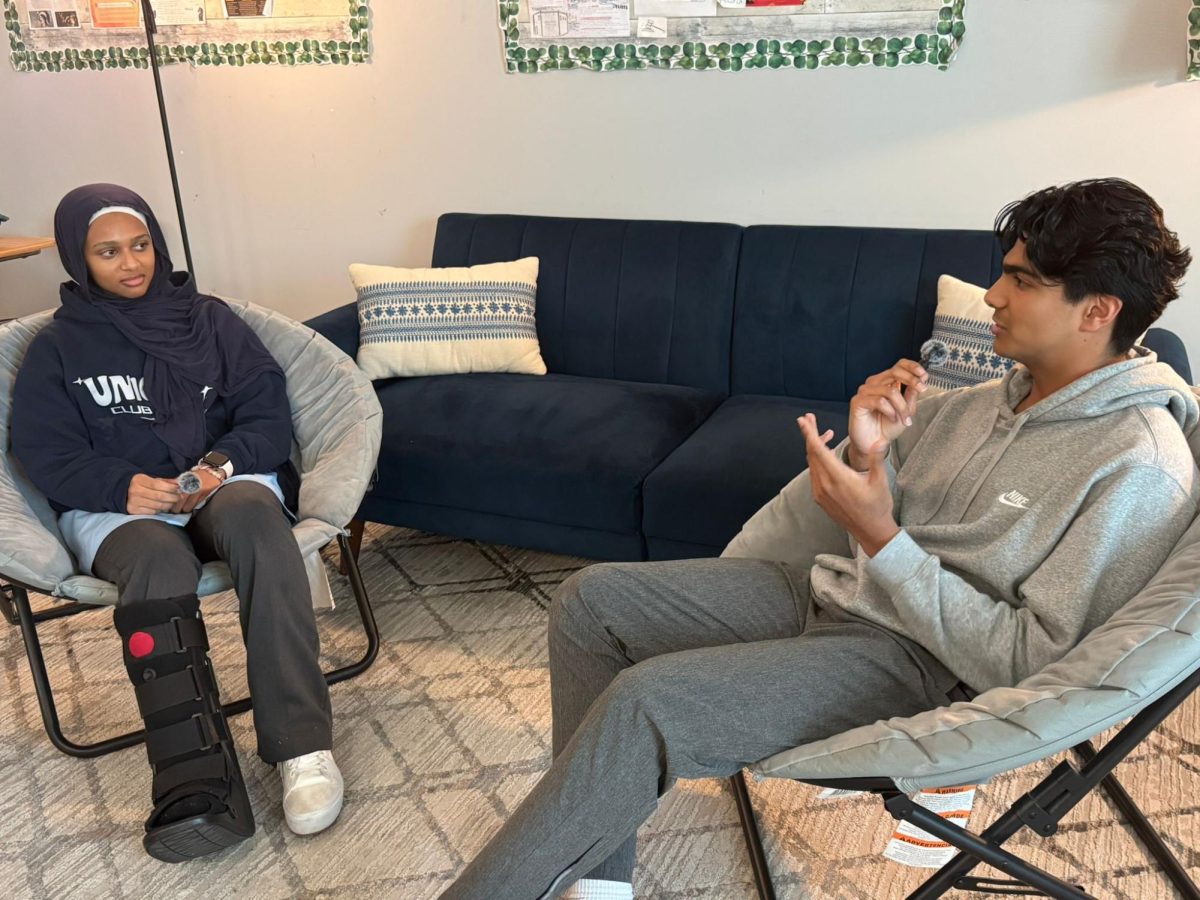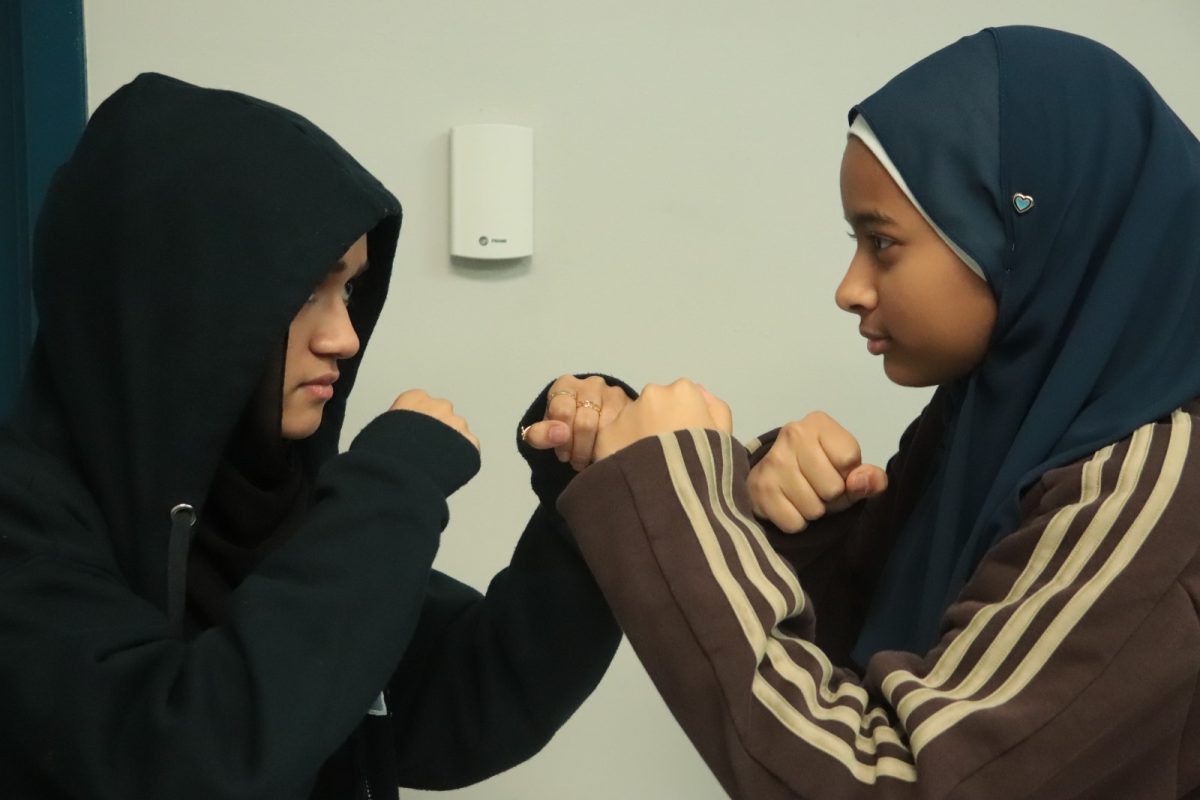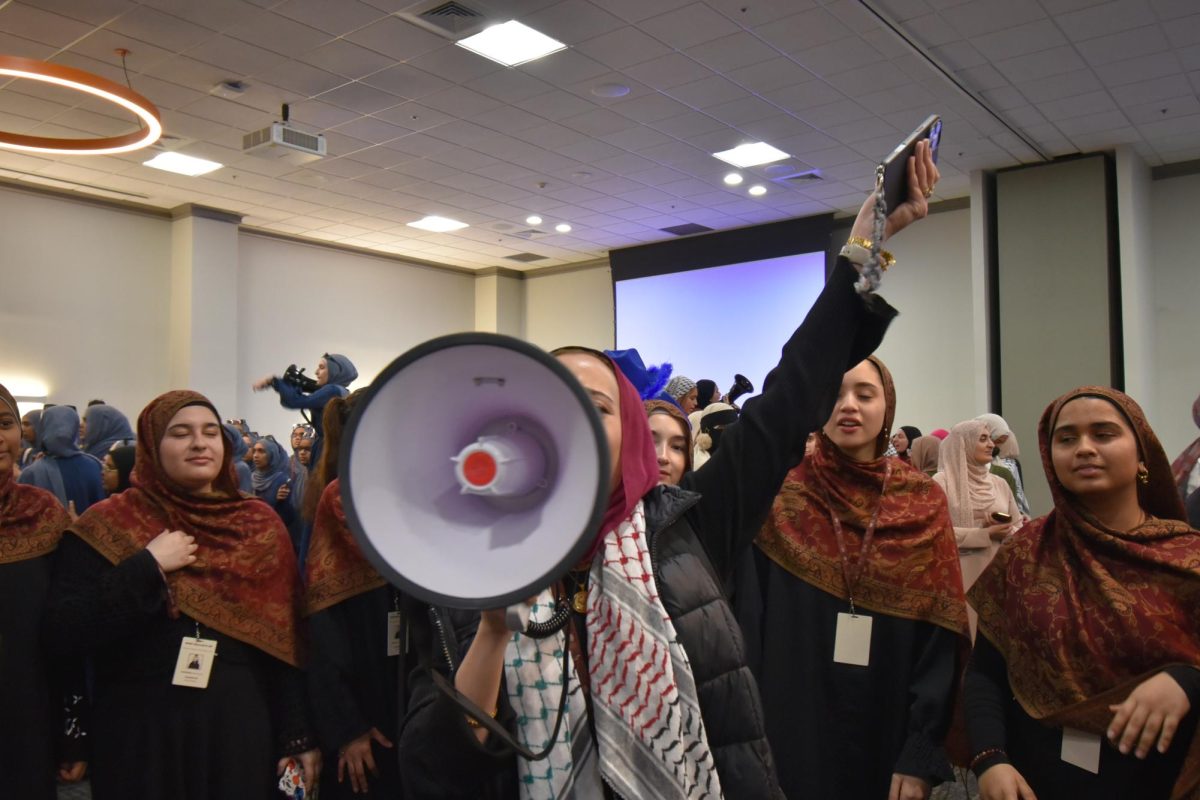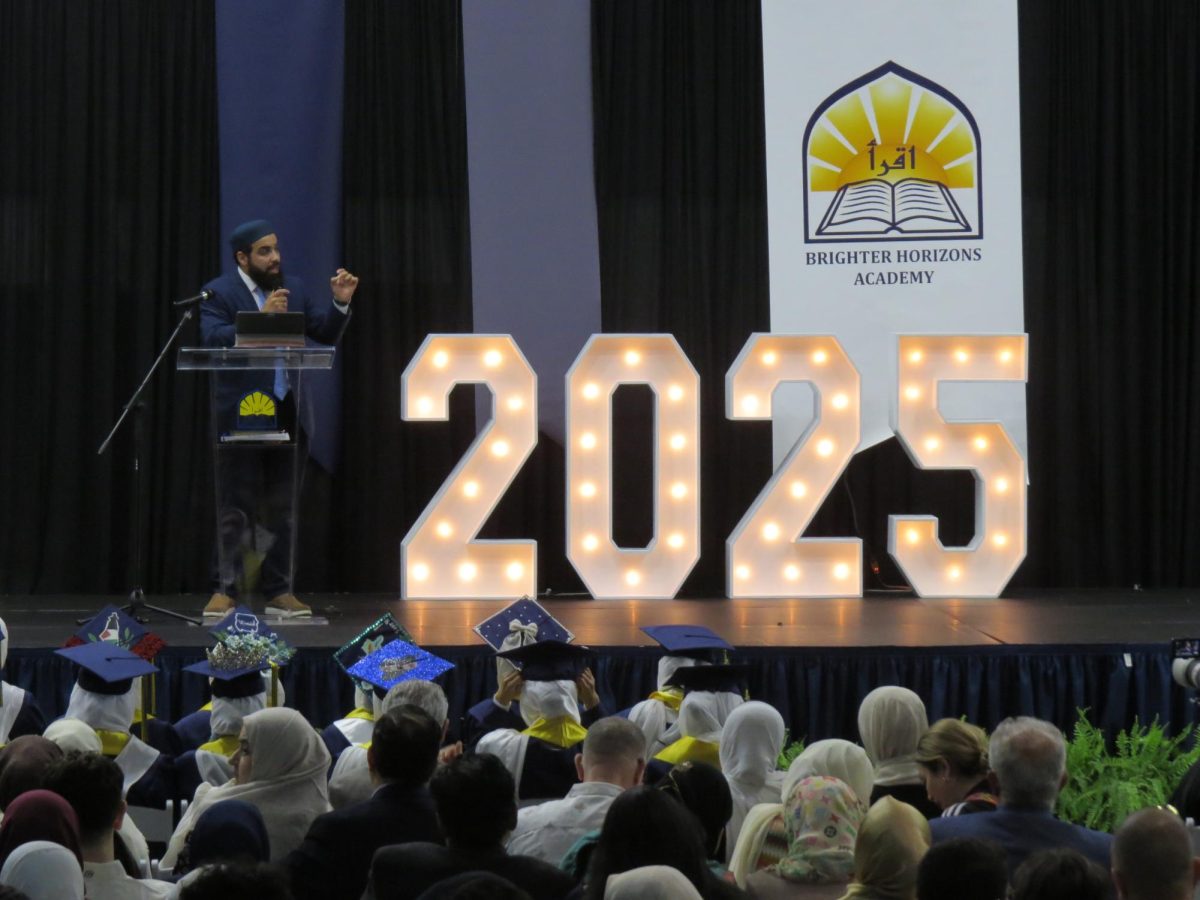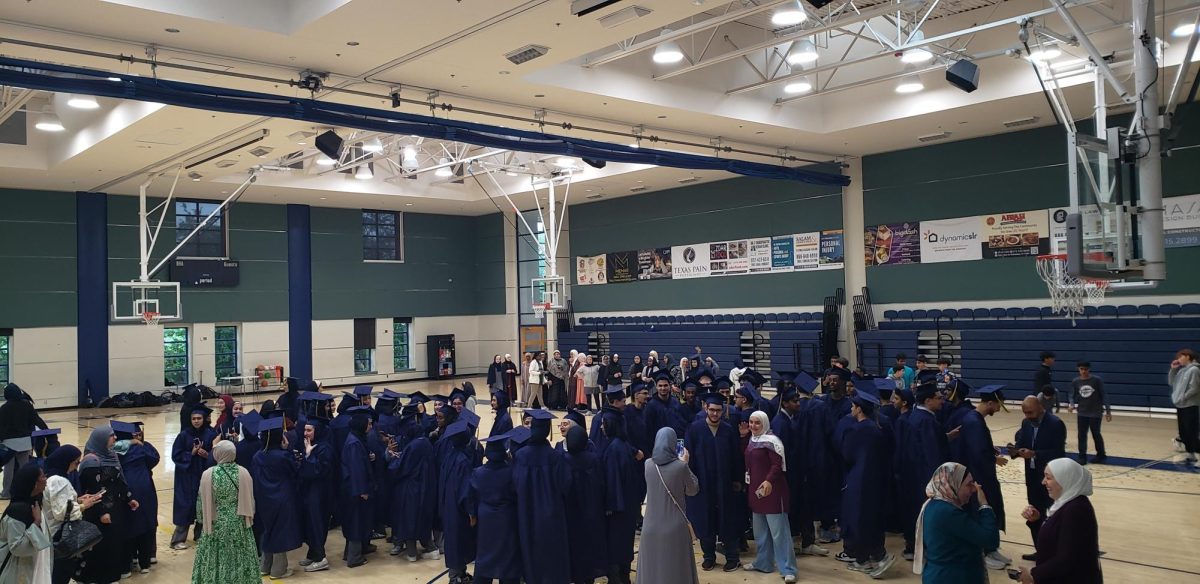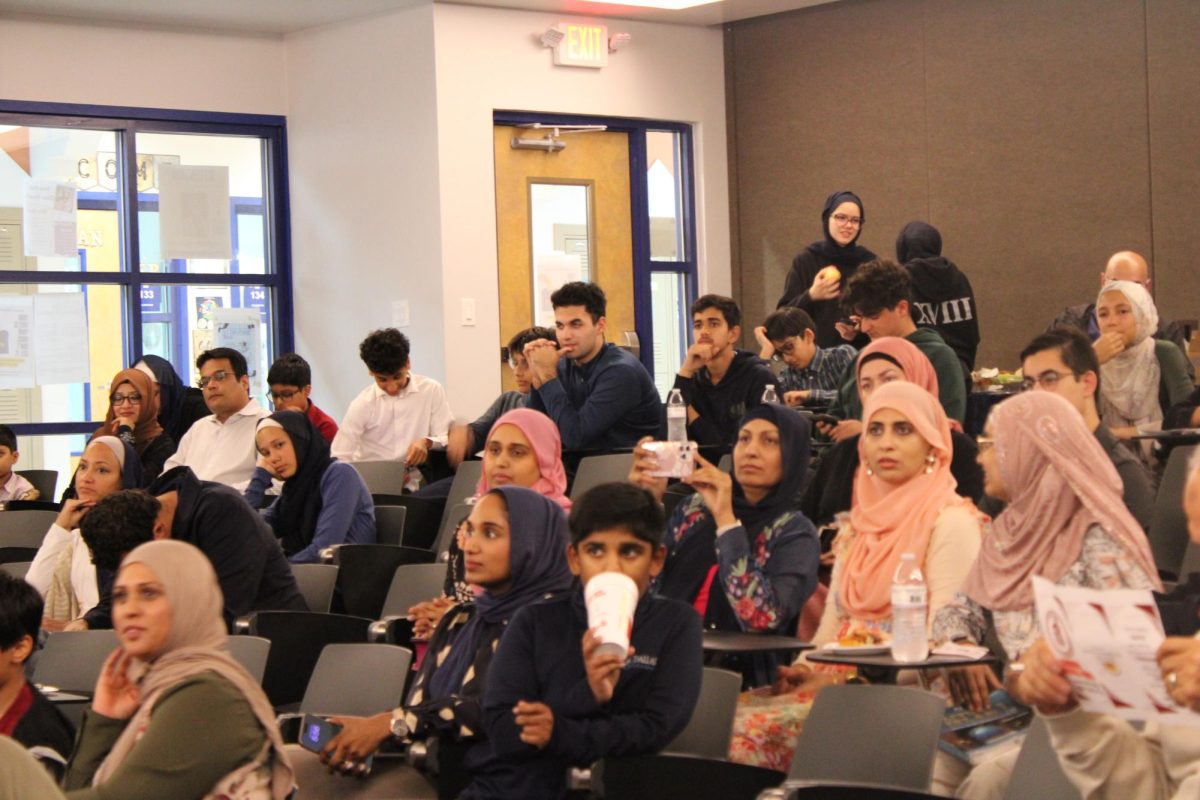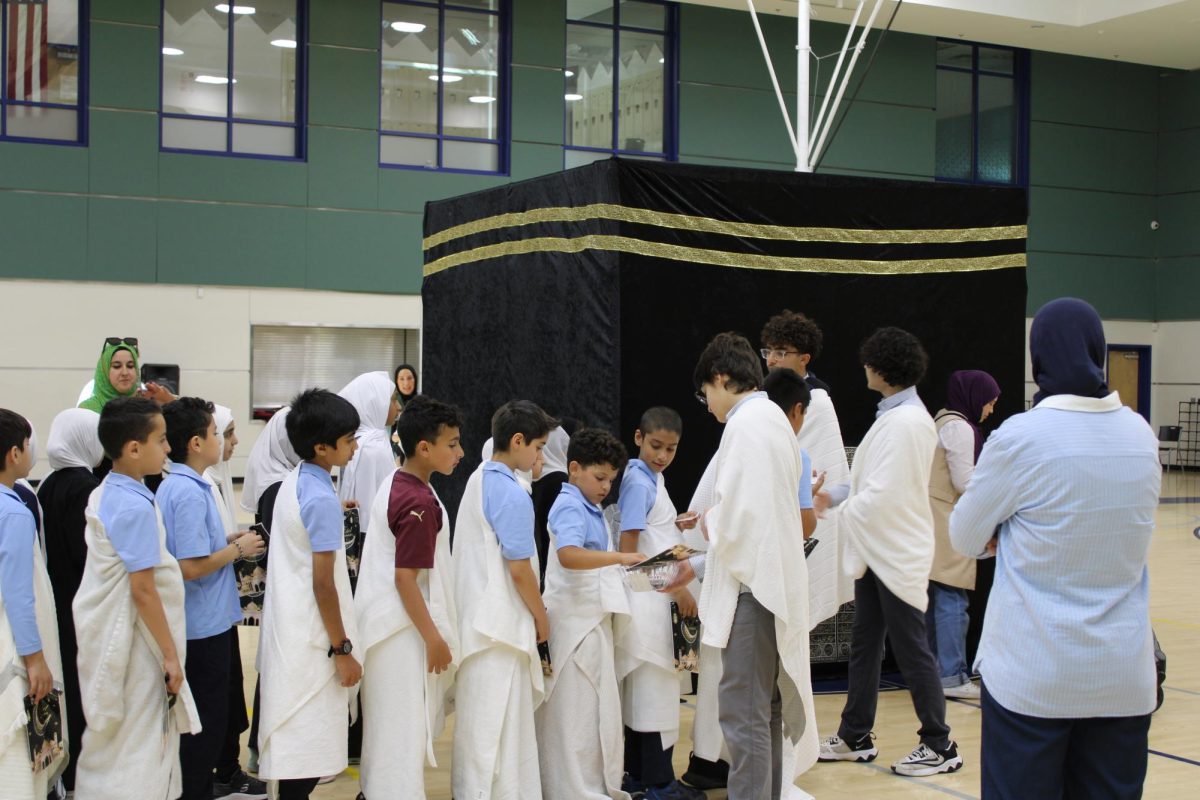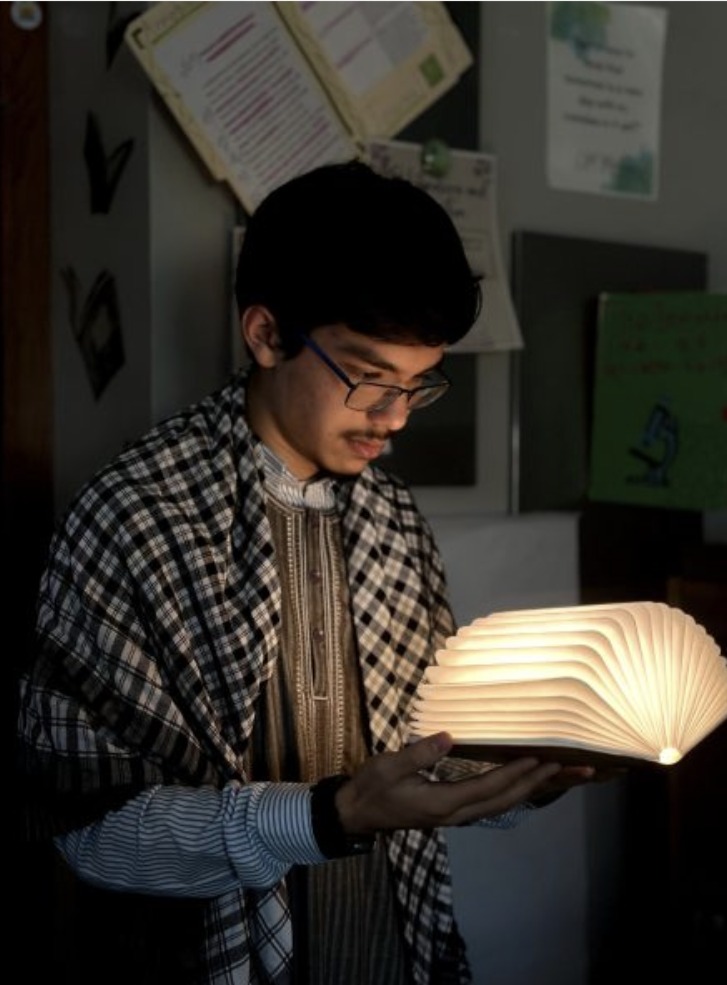The proliferation of artificial intelligence in the past few years has truly transformed the modern world. From programming, to navigation, to advertisement, AI has become an increasingly important part of life. But by far one of the most significant and yet controversial impacts of AI has been its effect on education. With the advent of ChatGPT, Microsoft Copilot, and various other language models, students have access to an extremely powerful resource. For instance, ChatGPT can be used to do homework, answer conceptual questions, come up with ideas, and conduct analysis of writing, among many other things.
But this brings up the question, is AI harming the productivity, work ethic, and creativity of students? Should it be curbed, or embraced? Well the answer isn’t a simple yes or no. There is little common ground among educators regarding AI in education. Some believe it is useful if used in the right way, while others see it as a detriment to students. Ms.Jaena Holcombe, a 9th grade English teacher, believes that AI can be beneficial to students if they learn to use it properly. “I think AI is here to stay, students should use it in the right way.”
Another English teacher, Ms.Susan Almasri, remarks, “AI can be useful, but unfortunately, it has crippled students and has caused a loss of confidence.”
The opinions of these two educators highlights the dual nature of AI. Although it can certainly be used to empower students and provide them with a “personal tutor”, it can also cause students to lose confidence in their own abilities and over-rely on AI to do their work.
In general, many students often use AI to generate ideas, get tailored explanations to certain concepts, and learn from their mistakes. However, many other students also use AI to cheat on homework assignments. Three freshmen, Nuaym Zain, Daaniyal Awais, and Mahdi Mezenner, had some thoughts on this. “I use AI to understand my mistakes”, said Mezenner. Awais and Zain both claimed that they used AI for similar purposes, however when asked if they knew people who cheated using AI, they all agreed. “I would say just out of 9th grade, probably 65-70% of students are using AI to cheat on their work”, says Awais.
Ms.Almasri, also remarks, “Yes, I’ve had incidents in my class where students used AI to cheat, and it makes me upset.”
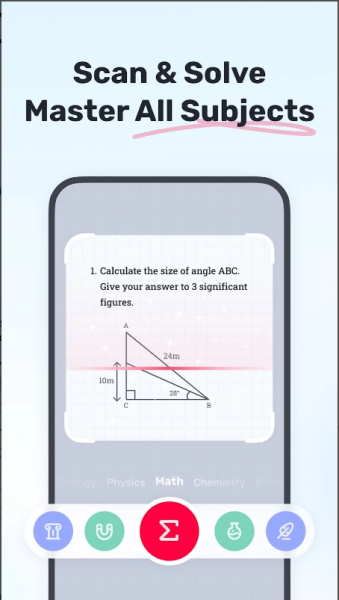
The claims by both Awais and Ms.Almasri present a frightening problem to education: Students are using AI to do their work for them, and are depriving their own learning in the process.
The use of AI to cheat on assignments mainly stems from either laziness or lack of confidence. Students who are lazy often see ChatGPT as an easy way to have their work completed without much effort. However, students with a lack of confidence believe that the quality of their work isn’t good enough to earn a good grade, which leads them to resort to AI to do their work.
Artificial intelligence has undeniably revolutionized education, offering students a potent tool that can greatly enhance learning when used wisely. However, this technological leap also poses challenges, particularly in terms of ethics, productivity, and students’ sense of self-reliance. The experiences of teachers and students alike reveal a double edged sword: AI can empower students to explore concepts independently and clarify misunderstandings, yet it can also tempt some to sidestep effort and hinder genuine learning. Striking a balance in AI usage is essential; educators, parents, and students must collaborate to establish guidelines that encourage responsible use, supporting students to build both knowledge and confidence. Only by embracing AI with caution and integrity can we ensure it strengthens, rather than undermines, the future of education.


